
Keynote Speakers
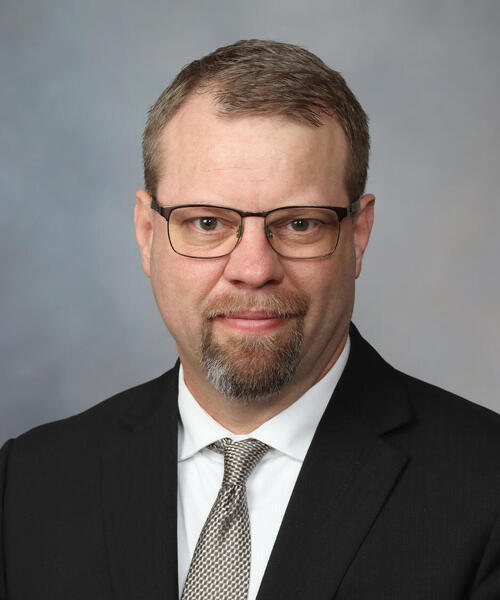
Dr. Ben Brinkmann, Mayo Clinic (Rochester, MN)
“Improving seizure forecasting with novel devices”
Dr. Brinkmann’s unique role as an engineer embedded in a clinical practice area allows him to help patients and informs the focus of his research. His research efforts are directed toward developing seizure detection and prediction capabilities using noninvasive and minimally invasive biosensors, and improving the accuracy of pre-surgical seizure evaluation using novel methods for image and neurophysiology analysis.
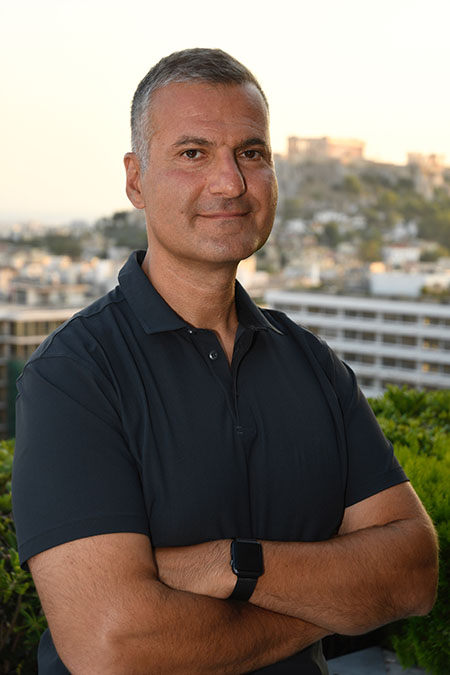
Dr. Jeff Daskalakis, University of California San Diego
“Brain stimulation for treatment of refractory symptoms in psychiatric disorders”
Dr. Daskalakis’ research has focused on better understanding the neurophysiology of severe psychiatric disorders, with an emphasis on the role of inhibition, excitation and plasticity in the pathophysiology and treatment mechanisms in schizophrenia, depression and obsessive-compulsive disorder. He has also led numerous treatment studies using transcranial direct current stimulation, repetitive transcranial magnetic brain stimulation and magnetic seizure therapy for refractory symptoms in these disorders.

Dr. John Foxe, University of Rochester
“The hunt for translatable cross-species electrophysiological endophenotypes (neuromarkers) in rare diseases of neurodevelopment”
Dr. Foxe’s research employs an integrated multi-methodological approach to issues in the cognitive neurosciences, using structural and functional neuroimaging, high-density electrophysiology, imaging genomics, eye tracking, psychophysics and virtual reality to understand the neural basis of basic sensory-perceptual and cognitive functions. The work is translational at its core in that it employs an equal mix of basic-science projects in healthy individuals with clinical studies in patient populations. The core mission of the lab is to understand the underlying neurobiology of developmental disorders, with a specific emphasis on Autism.
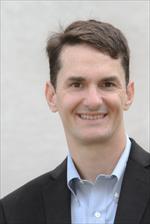
Dr. Gregory Light, University of California San Diego
“EEG biomarkers in global CNS trials”
Dr. Light’s program of research has advanced the use of neurophysiological biomarkers to develop precision medicine trials for psychosis patients that are: 1) effectively delivered in “real-world” community centers; and 2) informed by objective, reliable, validated, and low-cost biomarkers for identifying patients most likely to benefit (or not) from treatments. Findings support large-scale biomarker-guided trials to prevent or ameliorate illness in high-risk cohorts or treatment refractory populations. This program ultimately aims to develop and apply personalized biomarker assessment tools to deliver the “right treatment” to the “right person” at the “right time.”
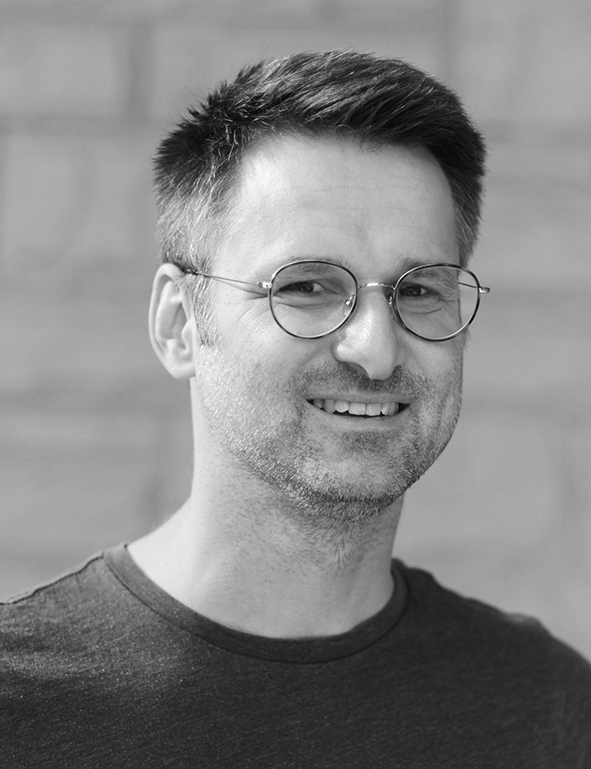
Dr. Björn Herrmann, University of Toronto
“Auditory cortical plasticity in older adults: The hyperactivity phenomenon”
Dr. Herrmann’s research aims to understand how we engage in listening and communication as we age and why some people who are hard of hearing disengage from social, communication-mediated activities. He focuses on how sounds are encoded in sensory systems, how cognitive processes support listening under challenges, and how sensation and cognition intact to shape listening experiences. The research aims to help develop better knowledge of the changes in neural circuits associated with aging and hearing loss that lead to adverse listening experiences and disengagement. He tackles these questions from different angles ranging from mechanistic neurophysiology to listening experiences in real social situations.
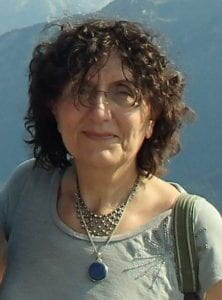
Dr. Margaret Niznikiewicz, Harvard Medical School
“Real-time fMRI neurofeedbacks for auditory hallucinations in schizophrenia”
Dr. Niznikiewicz’s research has been in the nature of communication using tools of cognitive neuroscience to address the fundamental questions about how communication is supported by the brain. Specifically, she has been interested in which brain processes mediate communication and how its impairments manifest in disease states. Dr. Niznikiewicz is also the Editor-in-Chief of Psychiatry Research: Neuroimaging.
